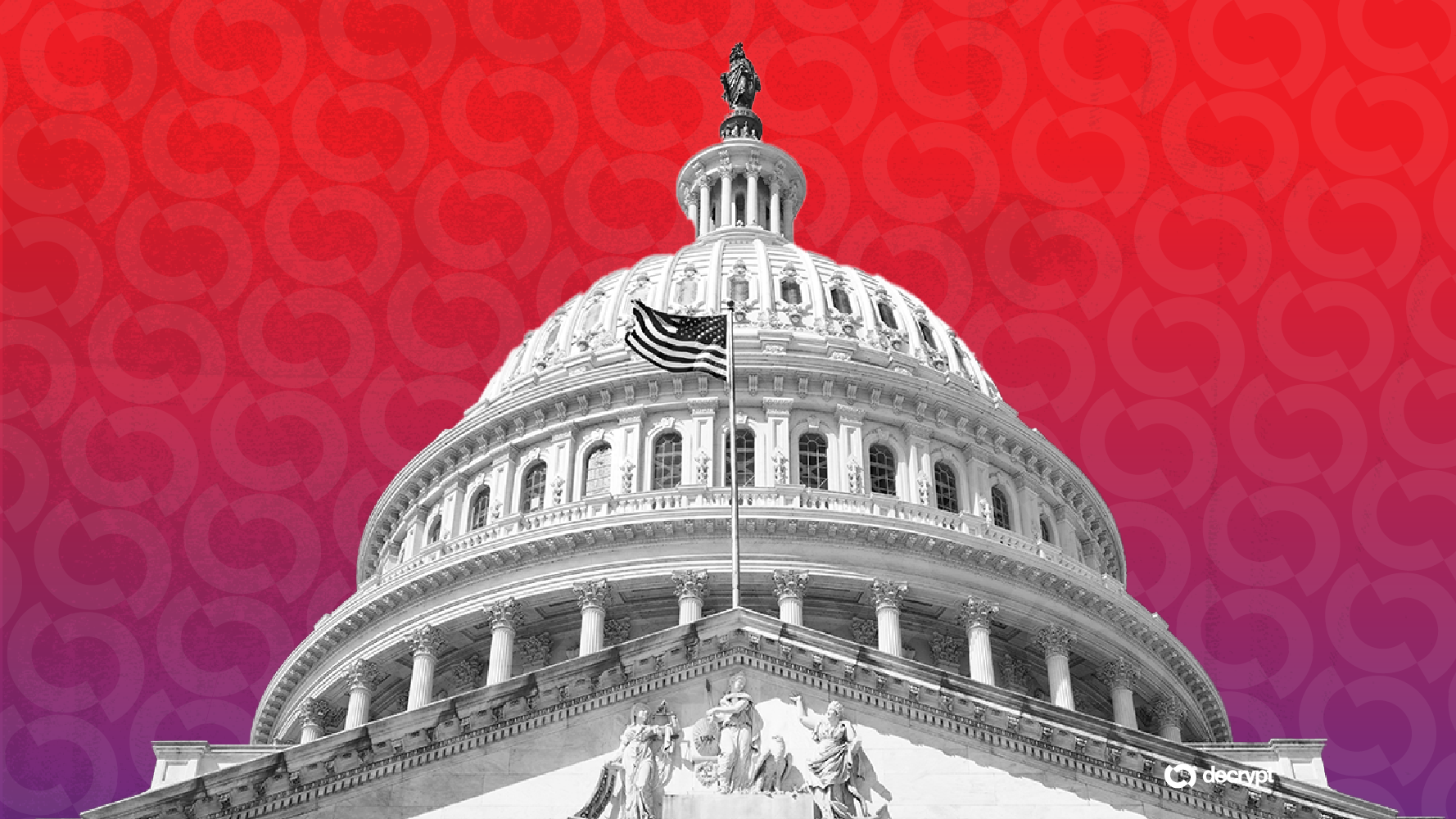
From SEC's Binance Lawsuit Dismissal to PSG's Bitcoin Bet: Navigating the Evolving Crypto Landscape
The cryptocurrency world is a dynamic and ever-evolving landscape, with regulatory developments, innovative projects, and market trends constantly reshaping the industry. In this article, we'll explore recent pivotal events and analyze their implications for the future of crypto.
SEC's Binance Lawsuit Dismissal: A Regulatory Milestone
On May 29, the US Securities and Exchange Commission (SEC) took a significant step by asking a federal judge to dismiss its civil complaint against Binance and its founder, Changpeng ‘CZ’ Zhao. This marked the end of a two-year legal battle that had cast a shadow over one of the world's largest cryptocurrency exchanges. The decision to dismiss the lawsuit underscores the complexities regulators face in applying traditional securities laws to the crypto industry and may signal a shift towards more nuanced regulatory approaches.
PSG's Strategic Bitcoin Treasury Move
Paris Saint-Germain (PSG), a Champions League finalist, confirmed that it holds Bitcoin on its balance sheet. This bold move by PSG reflects a growing trend among institutional players recognizing cryptocurrency as a legitimate asset class. Moreover, PSG is actively seeking Web3 builders to expand PSG Labs, indicating that sports organizations are not only investing in crypto but also contributing to blockchain innovation.
Pepe Price Prediction: The Meme Coin Phenomenon
The memecoin $PEPE has seen a substantial 57.9% monthly surge, demonstrating the volatile yet enticing nature of meme-inspired cryptocurrencies. Despite skepticism from analysts regarding its potential to reach 1 cent due to its vast supply, $PEPE's recent cameo in a Trump post has sparked increased interest. Memecoins continue to be an unpredictable force in the crypto market, driven by community sentiment and social media influence.
Snorter Token vs. Trojan: A Battle of Trading Bots
In the world of decentralized exchanges (DEXs), trading bots like Trojan have become essential tools for traders. However, Snorter Token is emerging as a competitor by offering lower fees and promising features like sub-second Solana trades and blacklisting rug-pull contracts. With $177K raised in presale within 24 hours, Snorter Token aims to carve out a niche in the competitive $23 billion DEX bot market.
Kazakhstan's "CryptoCity" Initiative
Kazakhstan President Tokayev announced the creation of "Cryptocity," a pilot zone in Alatau where cryptocurrencies can be used for various transactions. This ambitious project illustrates how nations are experimenting with regulated frameworks for digital finance, potentially setting precedents for other countries looking to integrate cryptocurrencies into their economies.
Solaxy: Solana's First Layer-2 Solution
While Ethereum's Layer-2 solutions face criticism for causing fragmentation and complexity, Solaxy has raised $42 million in presale as Solana’s first Layer-2 platform. Designed for modular performance rather than just speed improvements, Solaxy may offer an alternative blueprint for scaling blockchain networks effectively.
DeFi Education Fund and Uniswap's SEC Proposal
The DeFi Education Fund and Uniswap Foundation have proposed that the SEC should view decentralized autonomous organizations (DAOs) as dispersed groups of individuals rather than coordinated entities. This perspective could have significant implications for how DAOs are regulated, fostering an environment that better suits decentralized governance models.
Pi Network Faces Downward Pressure
Pi Network (PI) has experienced weekly losses of 15%, highlighting the volatility inherent in cryptocurrency markets. With bearish trends strengthening, PI's situation exemplifies the challenges faced by newer entrants in gaining traction amidst market fluctuations.
Nigel Farage's Pro-Crypto Agenda for Britain
Nigel Farage has pledged to establish a BTC reserve and pass pro-crypto legislation if he gains government power in Britain. His ambitious vision to transform London into a major crypto trading center reflects the growing political recognition of cryptocurrency’s potential economic impact.
Congress Debates New Crypto Market Structure Bill
A new House bill seeks to remove SEC oversight over the crypto industry, sparking debate among lawmakers. The bill's introduction indicates increasing legislative attention on how to best regulate the burgeoning crypto market while fostering innovation.
Navigating Uncertainty: What Lies Ahead?
The recent developments in the crypto landscape demonstrate both opportunities and challenges ahead. Regulatory clarity from bodies like the SEC will continue to shape how companies interact with digital assets. Meanwhile, institutional adoption by organizations such as PSG signifies growing mainstream acceptance.
Innovations like Solaxy’s Layer-2 solution and Snorter Token’s trading bot indicate that technological advancements will persist in driving the industry forward. At the same time, political figures like Nigel Farage are recognizing the importance of embracing crypto at a national level.
For investors and enthusiasts alike, staying informed about these changes is crucial for navigating the evolving crypto landscape successfully. Whether it’s monitoring regulatory shifts or assessing new projects entering the space, understanding these dynamics will be key to capitalizing on what lies ahead in this fast-paced digital frontier.
In conclusion, while uncertainty is inherent in any emerging market, particularly one as volatile as cryptocurrency, these developments suggest a maturing ecosystem that is gradually integrating with traditional financial systems and global economies. As we witness this evolution unfold, it is clear that those who adapt swiftly and strategically will be best positioned to thrive in this new era of digital finance.